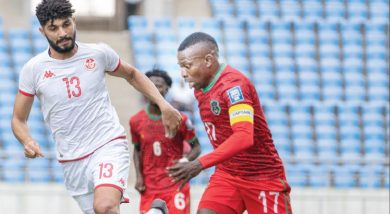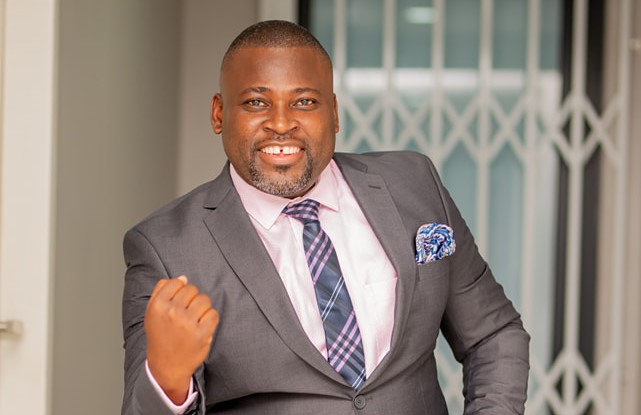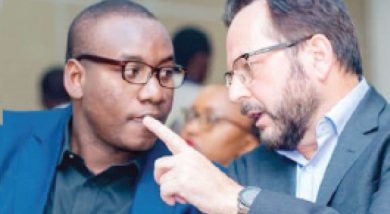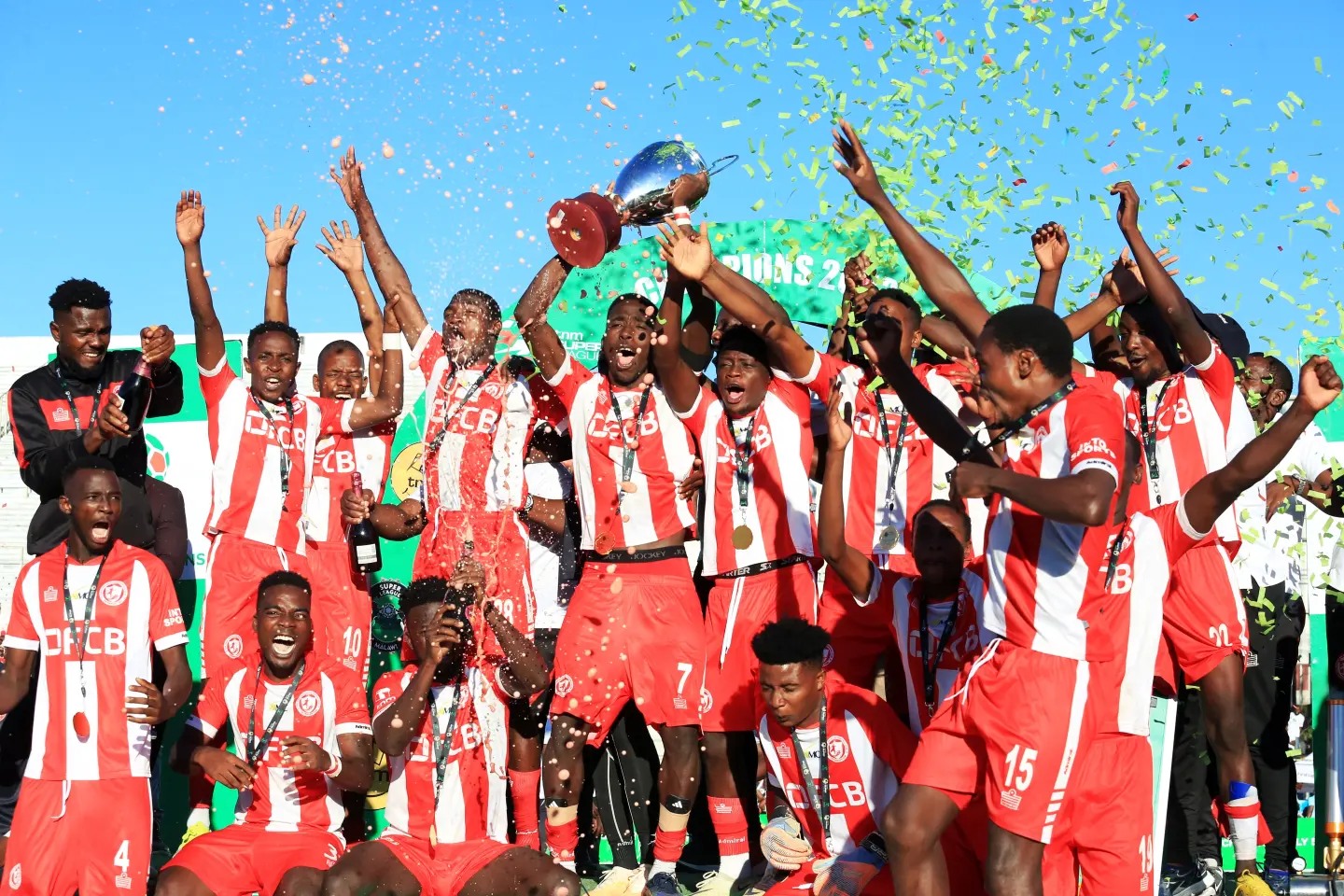Contrasting runs: Iceland success exposes Flames’ failure
In 2012, Iceland were far below the Flames on Fifa rankings. Perched on 131, they were 32 places below Malawi who were still hanging on to position 99.
But four years later, the tables have turned; the battered Flames are now ranked 133 whereas the Strakarnir Okkar have upped their game and have risen 109 places to an enviable position 22.
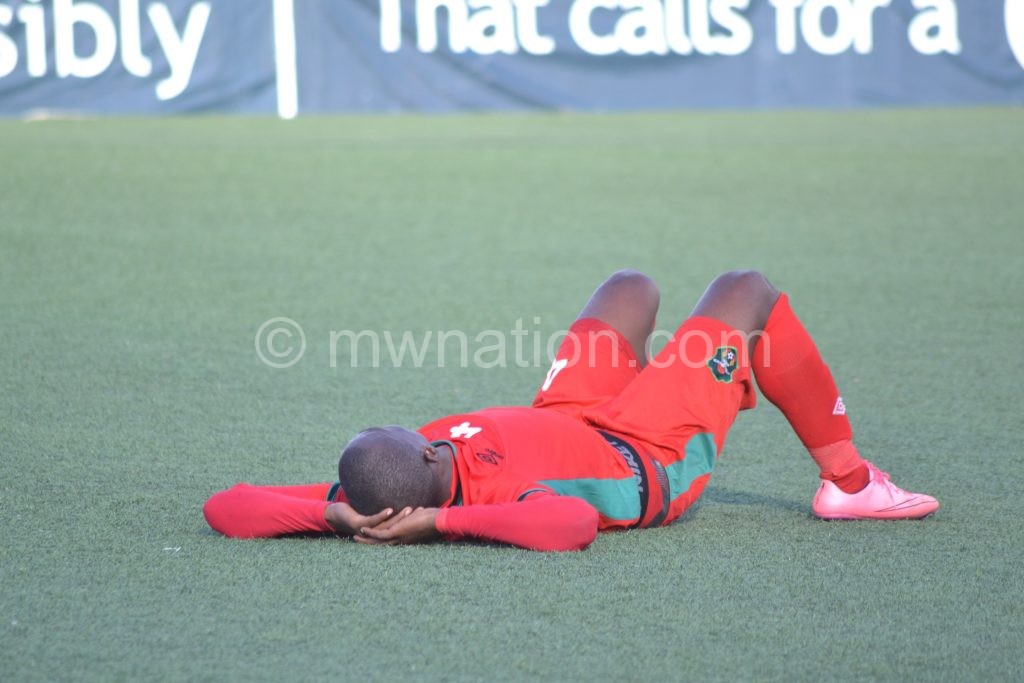
As the Flames miserably failed to qualify for the 2017 African Cup of Nations, and were being shown the exit from less competitive Cosafa Cup by lowly-ranked Lesotho, Iceland made tremendous strides by qualifying for the Euro 2016 for the first time and causing a major upset against England. They also held eventual champions, Portugal, to a one-all draw.
In comparison to England in terms of resources, Iceland are way behind, according to Sky Sports’ England v Iceland factfile. There are no professional leagues and clubs in Iceland whereas England has four professional leagues and their clubs have billionaire owners and superstar footballers.
Iceland’s success story— from being minnows to one of the top-ranked nations in the world—has sparked envy in the Flames who believe they can achieve similar success.
“Iceland’s success has taught us that we can achieve anything in football if we stay focused and united as players. That, plus the backing of the government and a meaningful strategic plan from the Football Association of Malawi (FAM) can help us succeed,” said Flames captain Chiukepo Msowoya.
“I think it is also high time we players stopped taking national team call-ups for granted. We need to be courageous and learn to sacrifice our efforts in the face of financial constraints so as to make the country proud. We need to have inner desire or hunger for success.”
While agreeing with Msowoya on the need for national team players to give their all, Flames assistant coach Nsanzurwimo Ramadhan said it is also important for government and FAM to make long-term plans that can yield results.
“Iceland have come with a bang on the international stage due to good long-term plans. Football is about planning for success, no matter how long that process might take,” he said.
Iceland’s youth development was also enhanced. Even their current national team was constructed on the foundations of the talented Under-21 squad that qualified for the 2011 Uefa European Championship in Denmark.
But for Malawi, the going is tough; at 133 ranking, the Flames are only better than nine teams out of 52-ranked African teams, namely, Angola, Sudan, Mauritius, Lesotho, South Sudan, Gambia, Djibouti, Somalia and Eritrea. Uganda who were only four places ahead of Malawi at 96 in the November 2012 rankings, have now upped their game to 69.
But according to FAM president Walter Nyamilandu, such progress is difficult to achieve in Malawi as there are differences in the level of investment to the game at youth, elite and national level.
“At present, we can only admire Iceland because it is impossible to build a strong national team when you cannot have nurseries as feeder national teams, let alone, fail to adequately nurture and groom the main team. Though we have introduced club licensing to make the game of football professional this year, we are far from being the best in class because of low standards of the clubs,” he said.
“As a nation, we need to ensure that the ambition of our sports policy is supported with the required resources. At the moment there is a mismatch and we are not showing any ambition to become a successful sporting nation. The reduction in funding is sending wrong signals about our ambition.”
But football analyst Charles Nyirenda said from a holistic standpoint, shortfalls in Malawi football are a true reflection of the general malaise in sports in terms of seriousness in infrastructure, limited investment in sports ‘personnel, lack of research in sports development and the participation in competitions without any proper guide in the form of strategic plan and focus.
“As regards Fifa rankings, the solution to the poor position of the Flames cannot improve overnight. It will take time. The process will be slow and painful. What is required is to reorganise the setup, requiring an expert technical panel, spot-on choice of national team call up coupled with a rigorous grooming of local players,” he said.
“This programme has to include extensive exposure of local players to international friendly matches. Such an exercise requires huge sums of money. If funds are not available for national team development, we should forget about the Flames improving their ranking any time soon.” n


